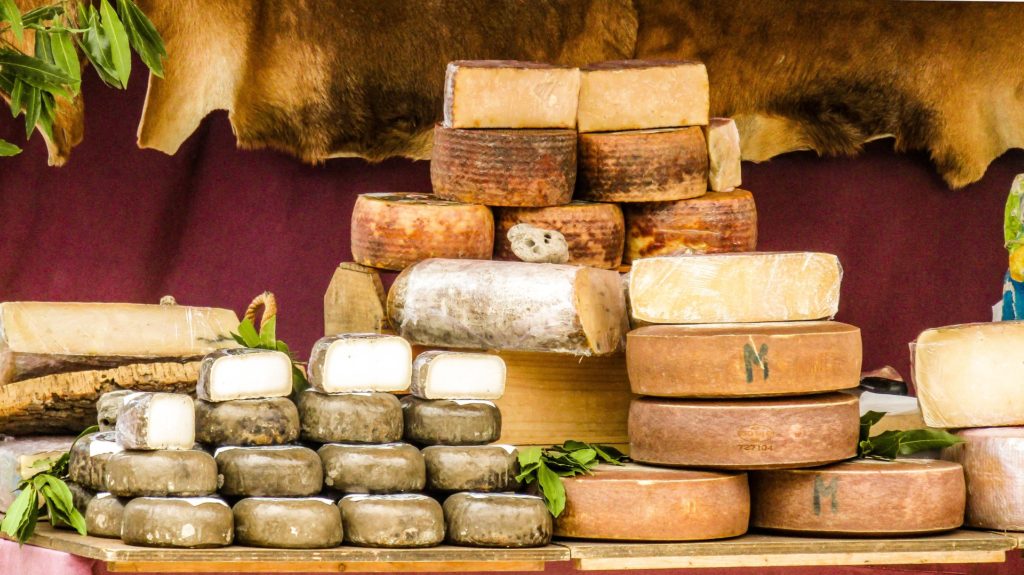Canadian dairy giant Saputo has vowed to bring more of a “premium” focus to some of Tasmania’s best-known specialty cheese brands as a decision on its $280 million takeover of Lion Dairy and Drink’s cheese assets approaches.
Chief executive Lino Saputo Jr recently met with Tasmanian Lion dairy suppliers and prospective suppliers, anticipating the ACCC will sign off on the takeover in July or August.
The deal includes brands King Island Dairy, South Cape, Tasmanian Heritage, Mersey Valley, Australian Gold and Heidi Farm, as well as the cheese manufacturing plant in Burnie and two King Island dairy farms.
Mr Saputo said there was unmet potential for the cheese assets and brands in Tasmania.
“We think that with those brands, with that plant, we can leverage the value of what Tasmania has to offer,” he said.
“We like to create value. Even though we are a high quality, low cost processor, we don’t like to gift product away.
“Perhaps somewhere along the line there might be some ability for us to extract more value from their assets.”
The takeover would be the latest push by Saputo into the Australian dairy market after it acquired Warrnambool Cheese and Butter in 2017, followed by Murray Goulburn in 2018.
Saputo’s drawn-out takeover of WCB created anxiety in the south-west Victorian dairy industry, but Mr Saputo said that was due to the company’s relatively unknown status in Australia at the time. Since then, the company has sought to overhaul management styles to adhere to his “value added” philosophy.
He confirmed there were no plans to downsize the production capacity of the Burnie cheese processing facility.
Suppliers met with Mr Saputo to discuss his vision for cheese production in Tasmania and a lift in production.
The majority of Lions’ Tasmanian cheese products occupy the lower end of the retail scale, something Mr Saputo foreshadowed could change in the future.
“Premium products – that’s really what we focus on. We try to stay away from the commodities-type products, where everyone is tripping over themselves to try to get deals with retailers,” he said.
“Although that’s an important segment for us, it’s not the only segment.”
“We like to be in the segments where we’re creating value, adding value to products, where we have a bit more exclusive offerings for the market, and we will have exclusive pricing relative to the products we are selling.”
Mood in dairy in Tasmania ‘very optimistic’ after difficult years
Mr Saputo is travelling around Australia for the winter to visit suppliers, and found the mood in the Tasmanian dairy industry to be far more optimistic than on the mainland.
Farm-gate prices crashed across the world in 2016, including in Tasmania, prompting processors to retrospectively reduce milk prices.
The Australian industry has since recovered with Rabobank forecasting full-year southern milk prices at $6.60 per kilogram of milk solids for 2019-20.
Dairy can be volatile however, and is vulnerable to global trends. Prices also crashed in 2009.
Mr Saputo said he encouraged suppliers to safeguard themselves when times were good.
“Probably one of the biggest risks we have is that once the economics are better at the farm level, the first reflex of a dairy farmer is to add more production which in some cases is not the best thing for global markets,” he said.
“As long as that stays balanced, I would say that there will be a lot more stability.”
“When we get out of whack, that’s when we get volatility in the system.”
Without the ever-present spectre of drought, Tasmanian suppliers could expect greater stability than the mainland.
“The economics of the dairy industry are a lot better here, the climate is better,” Mr Saputo said.
“There is growth in the industry – you can see that in every region in Australia.
“The mood this morning was very, very optimistic.”
Original article sourced from https://www.farmonline.com.au


